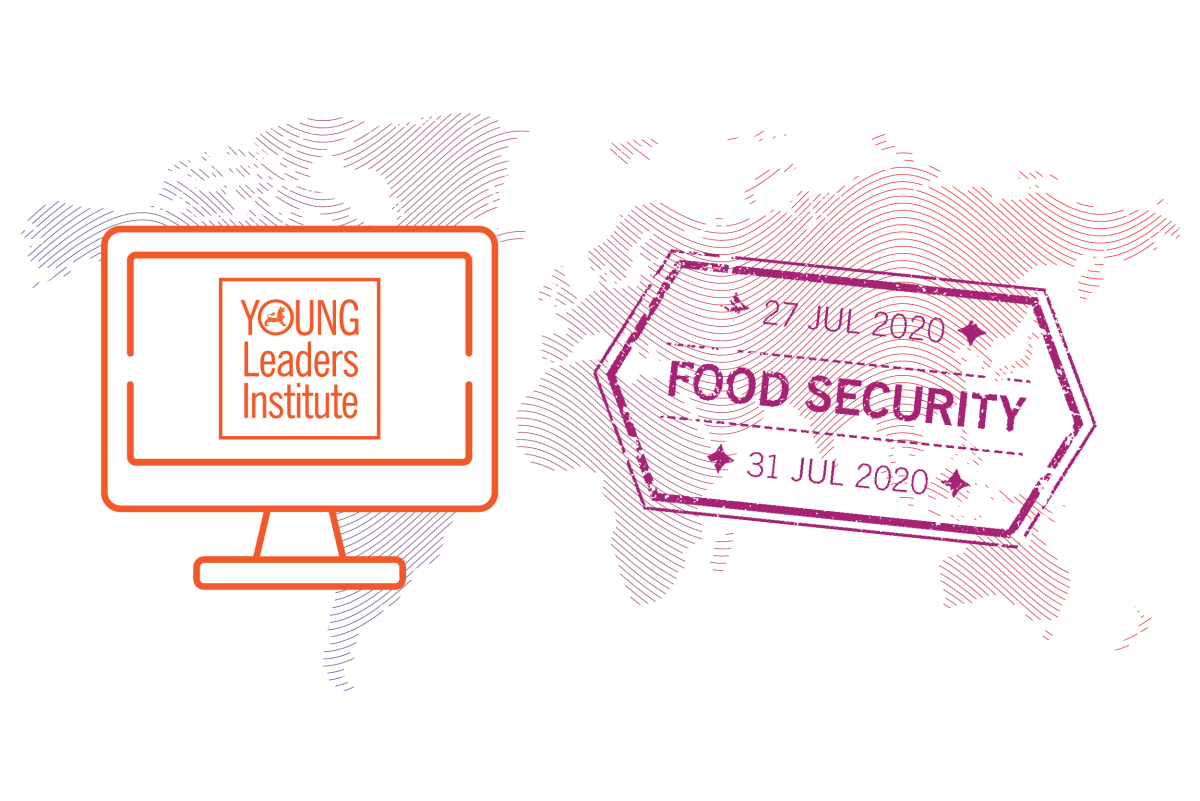2020 Young Leaders Institute: Food Security
VIEW EVENT DETAILS
In a world more interconnected than ever before, leaders need to be well-prepared with the right knowledge, attitudes, skills, and behaviors to be successful. Asia Society's Young Leaders Institute (YLI) is a week-long summer program for high school students aimed at promoting global competence as well as leadership skills.
In light of the ongoing COVID-19 uncertainty, this summer's Young Leaders Institute is moving online! Learn more about what that means. Read the FAQs »
Throughout the week, students will engage in the four tenets of global competency: investigating the world, recognizing perspectives, communicating ideas, and taking action. They will learn about the global policy issues of the day from expert speakers — from Houston and around the country — then work in teams researching, debating, and presenting solutions for the challenges facing the world. Students will hone their critical research, writing, and presentation skills while receiving guidance and feedback from Asia Society staff and online mentors. On the Institute's final day, student groups will present their policy recommendations developed from all they have learned throughout the week.
Students will engage in the four tenets of global competency: investigating the world; recognizing perspectives; communicating ideas; and taking action. They will be mentored throughout the week by Asia Society staff and experts in their respective fields. On the Institute's final day, student groups will present their policy recommendations developed from what they have learned throughout the week.
Since launching in 2016, the Young Leaders Institute has provided new perspectives and strengthened skills for more than 200 students. The Institute's fifth year has broadened each session from a country-specific focus to highlight current, timely issues.
Topics discussed during the Food Security session may include the following (subject to change):
- The role of agriculture and how it impacts trade and food security in Asia and the U.S.
- How agricultural exports to developing countries contribute to food security globally
- Use of pesticides in agriculture and how it affects food safety
- The impact of climate change on access to food now and in the future, particularly in Asia
- The role of Asia's growing population in affecting food security
- Health and family impacts of food insecurity
- How different diets, such as eating meat, affect the environment
- Asia's economic development and its relationship to food security
- How food shortages in China have affected the agricultural industry and policies related to food
- Improving food access and food education locally versus nationally or globally
- Collaboration between countries to develop a more sound food security global policy
Speakers will be announced soon. For questions, please email [email protected].
